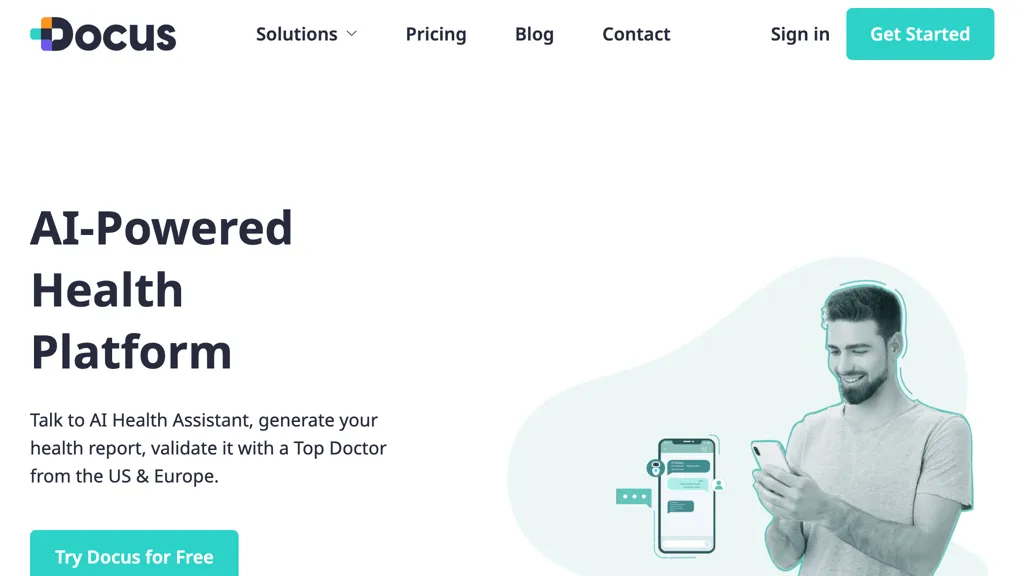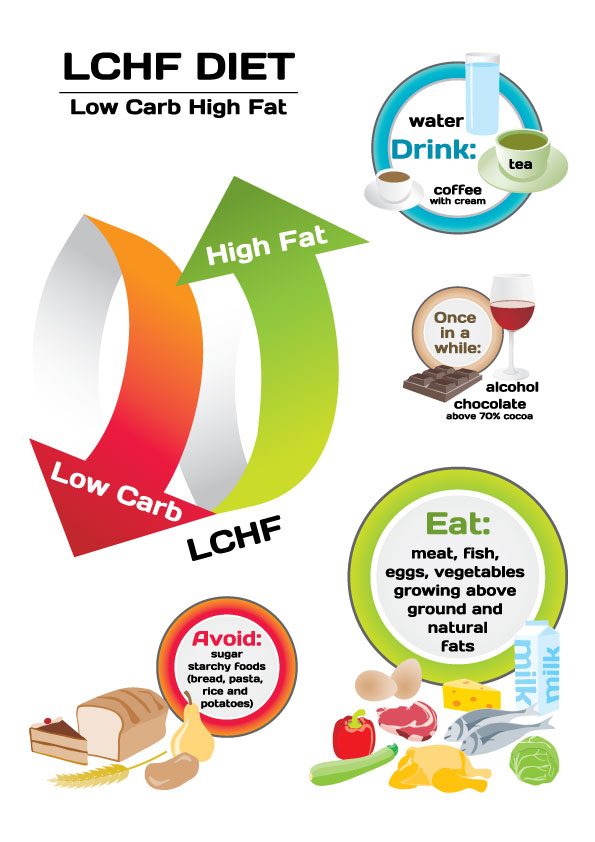
Revolutionizing Personal Health Assistance: The Impact of AI-Powered Health Chatbots
In the ever-evolving landscape of healthcare, artificial intelligence (AI) is making significant strides in reshaping how individuals access and manage their health. One notable application is the emergence of AI-powered health chatbots, revolutionizing personal health assistance and transforming the dynamics of patient engagement.
Introducing AI-Powered Health Chatbots: A New Frontier in Healthcare
AI-powered health chatbots represent a novel approach to providing personalized health assistance. These virtual agents leverage advanced algorithms and natural language processing to engage with users in real-time conversations. Whether answering health-related queries, offering medical advice, or assisting with symptom tracking, these chatbots are designed to enhance the accessibility of healthcare information.
24/7 Accessibility and Immediate Responses: Meeting User Needs in Real Time
One of the primary advantages of AI-powered health chatbots is their 24/7 accessibility. Unlike traditional healthcare services with limited operating hours, these virtual assistants are available round the clock. Users can receive immediate responses to their health inquiries, fostering a sense of convenience and responsiveness that aligns with the fast-paced nature of modern life.
Personalized Health Guidance: Tailoring Information to Individual Needs
AI chatbots excel in providing personalized health guidance. Through the analysis of user input and health data, these virtual assistants offer tailored information and recommendations. Whether it’s suggesting lifestyle modifications, providing medication reminders, or offering mental health support, the personalized nature of these interactions contributes to a more individualized and user-centric healthcare experience.
Symptom Assessment and Preliminary Diagnoses: Aiding in Healthcare Decision-Making
AI-powered health chatbots are equipped with the capability to assess symptoms and offer preliminary diagnoses. By engaging users in detailed conversations about their health concerns, these chatbots use sophisticated algorithms to analyze patterns and provide initial insights. While not a replacement for professional medical diagnosis, this functionality aids users in making informed decisions about seeking further healthcare guidance.
Enhancing Patient Engagement: Building a Proactive Healthcare Culture
The interactive nature of AI-powered health chatbots contributes to enhanced patient engagement. Users are encouraged to actively participate in managing their health by regularly interacting with these virtual assistants. This proactive approach fosters a culture of continuous health monitoring and empowers individuals to take charge of their well-being.
Data Privacy and Security: Safeguarding Sensitive Health Information
The implementation of AI-powered health chatbots necessitates a strong emphasis on data privacy and security. Developers and healthcare providers prioritize robust encryption protocols and compliance with healthcare data regulations to ensure the confidentiality of user information. Establishing trust in the security of these virtual interactions is crucial for widespread adoption.
Addressing Healthcare Disparities: Increasing Access to Information
AI-powered health chatbots play a role in addressing healthcare disparities by increasing access to information. Individuals in underserved or remote areas may lack immediate access to healthcare professionals. Chatbots bridge this gap by providing instant information and guidance, contributing to a more equitable distribution of healthcare resources.
Continuous Learning and Improvement: Evolving with User Interactions
One of the strengths of AI-powered health chatbots lies in their ability to continuously learn and improve. As users interact with these virtual assistants, the algorithms behind them gather valuable insights. This data is then used to refine responses, enhance accuracy in symptom assessment, and adapt to evolving healthcare trends, ensuring a dynamic and evolving virtual healthcare experience.
Potential Limitations and Ethical Considerations: Balancing Innovation and Responsibility
While the potential benefits of AI-powered health chatbots are vast, there are considerations regarding their limitations and ethical implications. Striking a balance between innovation and ethical responsibility involves addressing issues such as algorithm biases, ensuring transparency in virtual interactions, and establishing clear guidelines for user privacy.
Future Horizons: The Ongoing Evolution of AI in Healthcare
As AI-powered health chatbots continue to gain prominence, the future holds exciting possibilities for their role in healthcare. Further advancements in natural language processing, integration with other health technologies, and collaborations with healthcare professionals are likely to contribute to an increasingly sophisticated and integrated virtual healthcare ecosystem.
In conclusion, AI-powered health chatbots represent a transformative force in personal health assistance. From immediate accessibility to personalized guidance, these virtual assistants contribute to a more user-centric and proactive approach to healthcare. As technology advances, the ongoing evolution of AI in healthcare holds the promise of further enhancing the accessibility and efficiency of healthcare services.
For more information on AI-powered health chatbots, visit CentrumZdravi.org.

